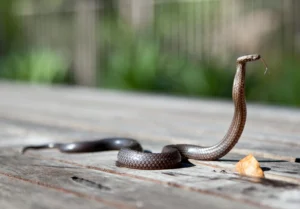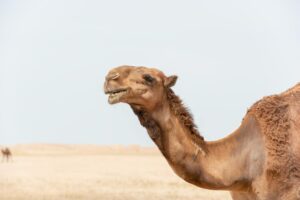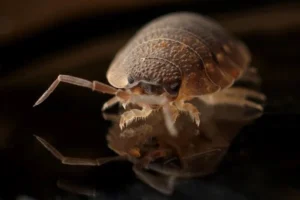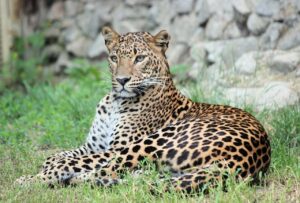Namibia is slaughtering hundreds of wild animals to feed hungry residents due to drought.
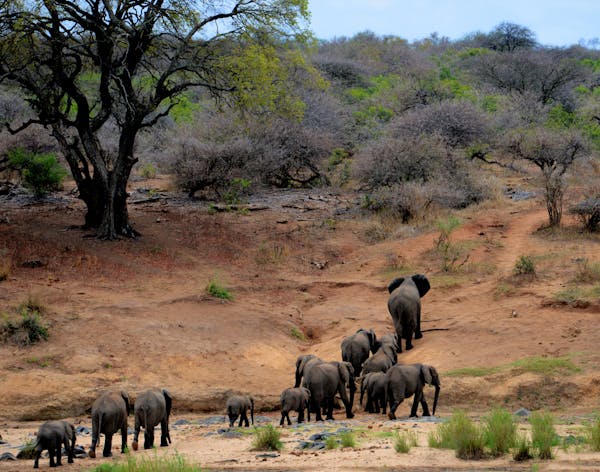
Namibia has begun slaughtering more than 700 wild animals of various species, including hippos, elephants, buffaloes, and wild donkeys, with the aim of feeding residents suffering from hunger due to the worst drought the country has faced in decades, the Ministry of Environment announced yesterday, Tuesday.
About 160 animals have been culled as part of this measure announced by the government last week, which aims not only to provide meat for thousands of people but also to alleviate the pressure on animal resources and pastures that are being undermined by drought.
Professional hunters were tasked with killing 30 hippos, 83 elephants, 60 buffalo, 100 blue wildebeests, 300 zebras, 100 common elands, and 50 impalas (two types of antelopes). Most of these animals live in the protected national parks of the country.
The spokesperson for the Namibian Ministry of Environment, Romeo Muyunda, said on Tuesday to AFP that at least 157 animals out of 723 were killed, without providing any information on the duration of the operation.
The ministry stated in a statement that the slaughter of the first 157 animals provided “56,875 kilograms of meat.”
The spokesperson for the ministry added: “Our goal is to carry out this operation in a sustainable manner while minimizing shocks as much as possible, and we must separate the animals that need to be hunted from those that do not require it.”
In line with the global ban on the ivory trade, the tusks of the slaughtered elephants will be stored in government warehouses.
Namibia declared a state of emergency in May due to the drought affecting several countries in Southern Africa.
The United Nations World Food Programme reported last month that approximately 1.4 million Namibians, more than half of the population, are experiencing severe food insecurity, with a 53% drop in grain production and a 70% decrease in dam water levels compared to last year.
Namibia is slaughtering hundreds of wild animals to feed hungry residents due to drought.
The animal welfare organization “PETA” published a message on its website addressed to Prime Minister Sara Kuugongelwa-Amadhila, asking her to “reconsider” this measure, which the organization stated is “not only cruel but also dangerously shortsighted and will not have a long-term impact.”
In this message, the Vice President of PETA, Jason Baker, stated that the elimination of animals could also lead to a disruption in the balance of ecosystems.
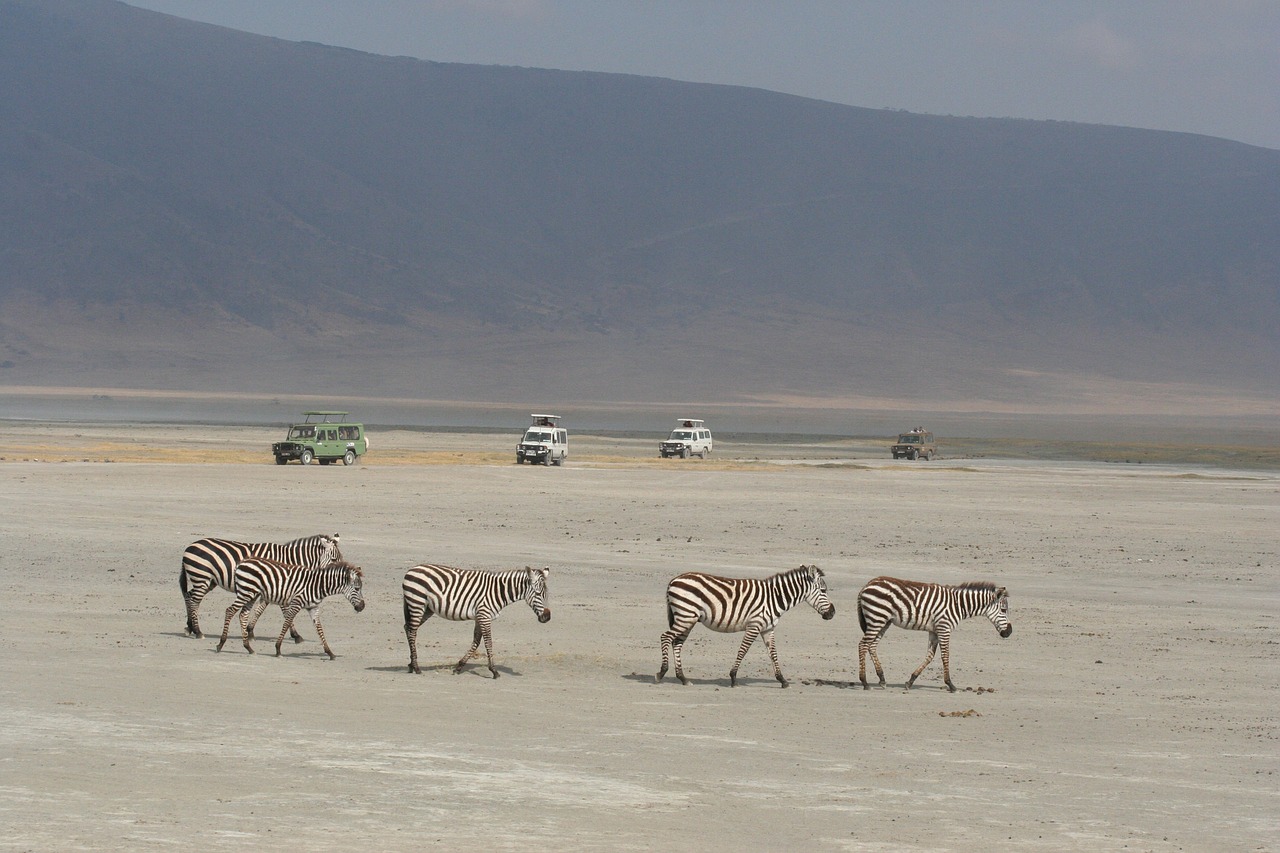
A group of African researchers and environmental advocates estimated in a statement that this mass slaughter of animals sets a precedent that allows governments to “exploit protected wildlife and national parks under the guise of human needs.”
They wondered whether the authorities had conducted any studies on the environmental impact or statistics on the number of game animals and assessments of food insecurity levels before deciding to eliminate such large numbers of animals.
Group members pointed out that this comes in a period leading up to the general elections scheduled for November in Namibia, expressing their belief that the meat will be distributed in areas where the ruling party faces strong opposition.
They pointed out that the mass execution of animals could also generate significant income for the authorities through hunting licenses granted to hunters. They denied that Namibia has an excessive number of elephants, as there are about 20,000 of these animals in the country.
Estimates from the World Wildlife Fund (WWF) indicate that the remaining elephants in Africa do not exceed 415,000 (compared to 3 to 5 million at the beginning of the 20th century). African and Asian elephants are considered endangered, except for populations in South Africa, Botswana, Namibia, and Zimbabwe, which are classified as vulnerable.
